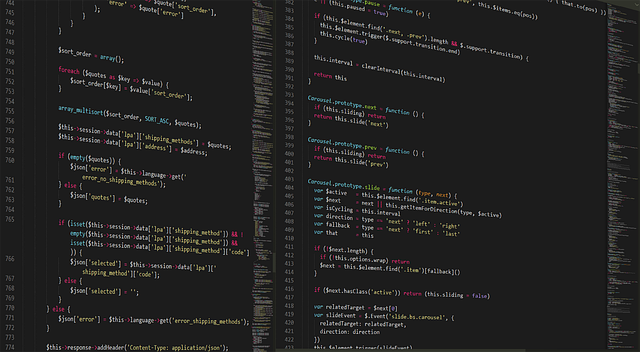The Evolution of Digital Learning: Exploring VR Lessons in Education
In the rapidly evolving landscape of education, the development of digital VR lessons marks a significant shift in how knowledge is imparted and absorbed. Imagine stepping into a world where students don’t just learn about history through textbooks but walk amongst ancient civilizations. This is the promise of Virtual Reality (VR) and Augmented Reality (AR) in educational settings, making the learning experience immersive and interactive.
Virtual Reality: A New Dimension of Learning
Virtual Reality introduces an entirely new dimension to the learning experience. Gone are the days of lectures and passive learning; students can now don VR headsets and engage directly with the material. For instance, in a science class, students can explore the molecular structure of compounds, observing interactions that would be impossible to see in the real world. The sensory experiences VR provides can lead to a deeper understanding and retention of information. Picture students conducting virtual experiments in a fully immersive 3D environment, fostering a sense of curiosity and excitement about learning.
Augmented Reality: Enhancing the Real World
While VR creates an entirely new realm, Augmented Reality enriches the real world by overlaying digital information. Imagine a student studying biology who points their device at a plant and sees it come alive with information about photosynthesis, growth rates, and ecological impact. This integration of digital tools with real-world environments allows students to grasp concepts in a hands-on manner, bridging the gap between theoretical knowledge and practical application.
The Metaversum: The Future of Collaborative Learning
The metaversum, or the interconnected virtual spaces created by the convergence of AR and VR, opens up new doors for collaborative learning. Within these virtual environments, students can work together on projects, attend lectures from educators around the globe, and share ideas in real-time. This not only enhances their social skills but also prepares them for a workforce that increasingly relies on teamwork and collaboration. The metaversum fosters inclusivity, allowing students from various backgrounds to connect, share experiences, and learn from one another.
The implementation of VR and AR in education has the potential to transform traditional methodologies. As we embrace these innovations, educators can tailor lessons to accommodate different learning styles, ensuring that each student is engaged and motivated. The development of digital VR lessons is not merely about technology; it represents a shift towards a more experiential and personalized approach to education.
As we look ahead, the possibilities are limitless. With advancements in technology, the integration of VR and AR into everyday learning environments will continue to evolve, making education more dynamic and interactive. The question is not if digital VR lessons will become the norm but when they will redefine our educational experiences entirely.



